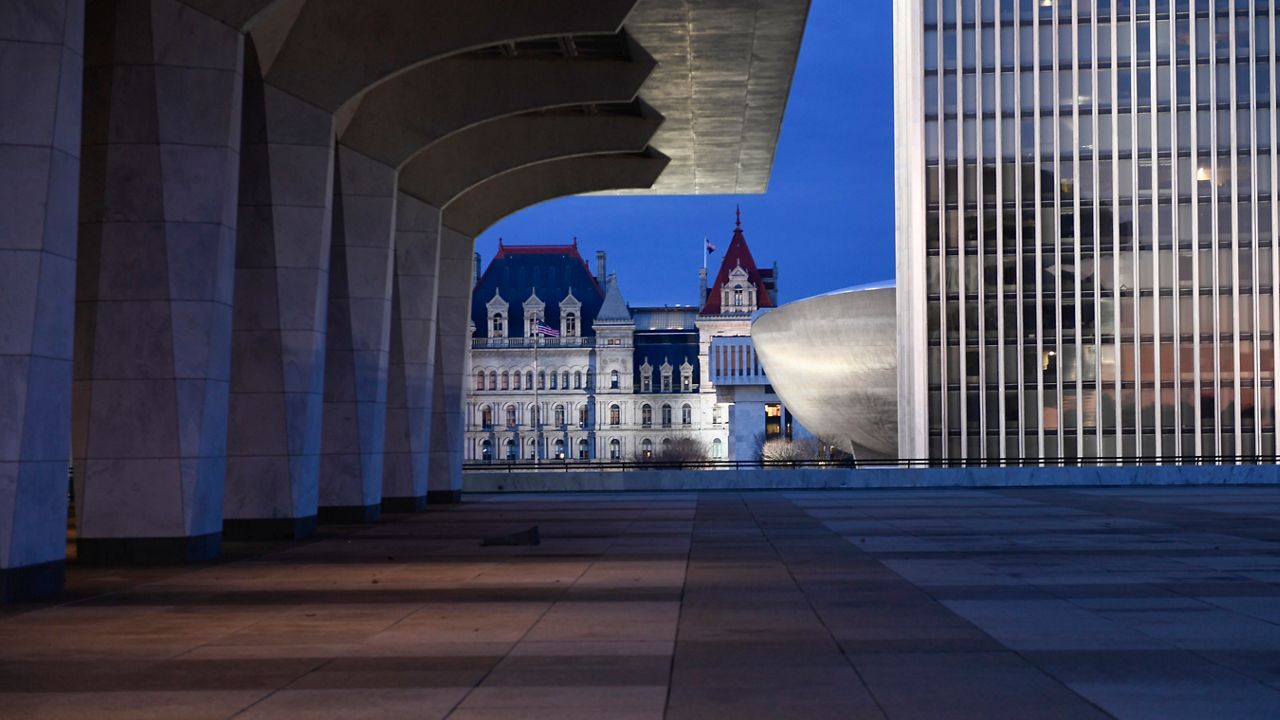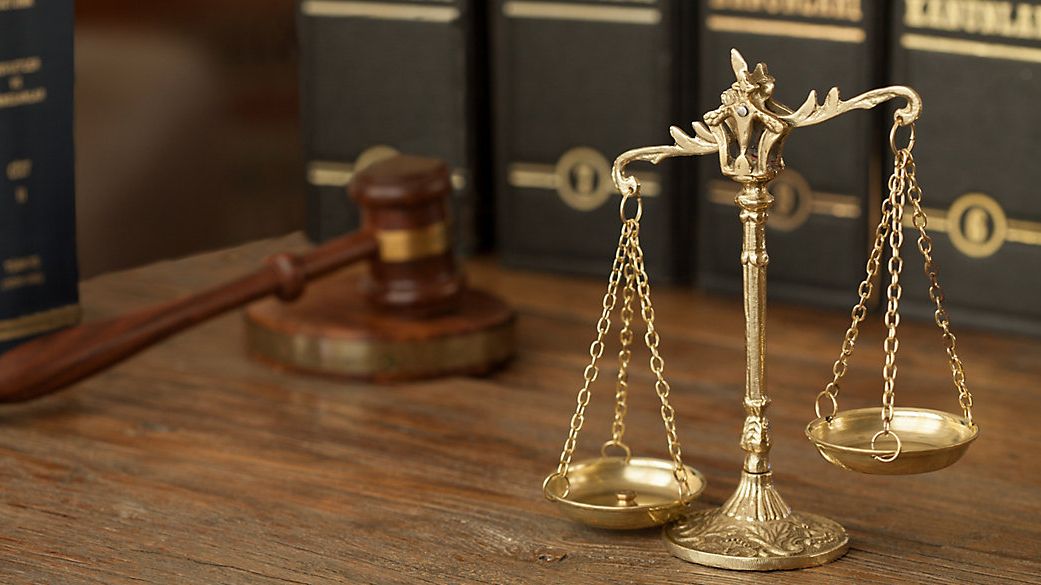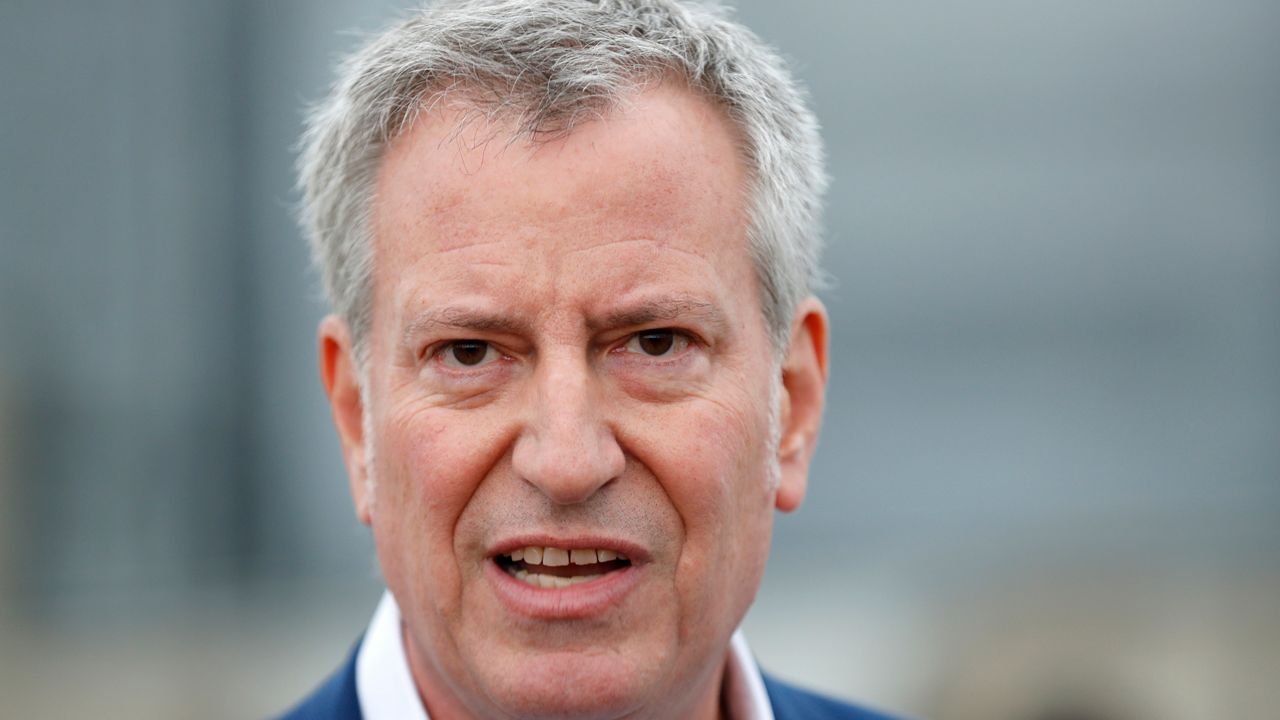Body cameras are becoming part of the NYPD uniform. As more police officers wear them, they are capturing hours and hours of video.
Already, cameras have captured three police-involved shootings last year. The NYPD quickly released those tapes.
But those tapes stand in stark contrast to videos recently released to NY1 that are full of audio and video redactions, where the video suddenly goes silent.
More than 300 videos were recently provided to NY1 as part of a long legal battle.
NY1 sued the NYPD over access to footage from its body camera pilot program in 2014 and 2015 under the state's Freedom of Information Law.
Slowly, at a state court judge's urging, the NYPD has been giving us footage.
The videos recently provided to NY1 are heavily redacted, blacking out interactions between the public and police:
"Why'd put it so tight, bro?" said one man in a video.
"Because you're moving around. You're moving around," said an NYPD officer.
"You — " said a person on the video. The audio then drops off.
The NYPD is citing multiple exemptions in the state's public access law to redact incidents like even a simple car stop, as seen in the video above.
Take a video that is also seen in the player above: An officer enters a store, but quickly it goes dark. Citing these reasons, the NYPD says NY1 cannot watch this footage. The tape is black for almost a half-hour, before the video comes back and the officer heads to the car.
Often the NYPD uses what's called the "intra-agency" exemption to justify blacking out audio and video in these tapes.
In documents explaining the redactions, the NYPD has cited it 162 times.
It's often used to redact portions of video with two or more officers speaking.
Take this video, seen in the player above, outside of the strip club Sin City in the Bronx: NYPD officers appear to be shutting the place down for the night. As officers speak to each other, the audio goes out.
This type of exemption in the state's Freedom of Information Law is typically reserved for government deliberations.
"From what we can tell in looking at what they've given us, it doesn't look like there is a lot of deliberation going on. It looks like they're taking out stuff that they don't want us to see," said Saul Shapiro, NY1's attorney.
The judge in NY1's case is expected to review a sample of the videos to see if the redactions are justified. We should get a decision on that in the coming months.








